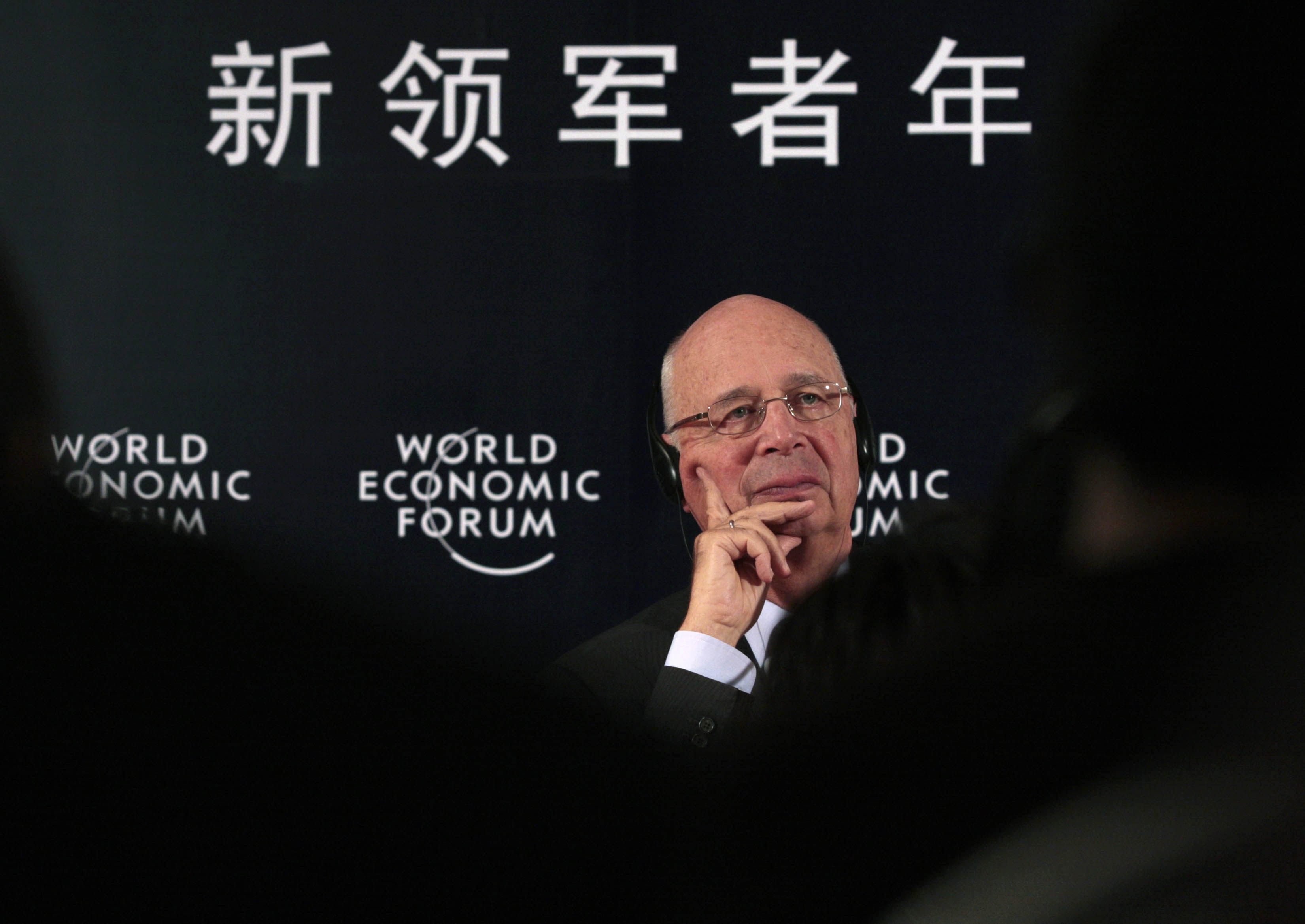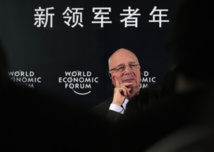Schwab identifies six features of this new world.
Economic growth will be slower but potentially more stable than before the crisis.
Technological changes are going to be the driving force behind the growth and their impact will be more extensive and deeper than, for example, was the Industrial Revolution and its consequences in the XIX and XX centuries.
- The current industrial revolution will blow to the economy, just like tsunami, almost without warning and with ruthless force - warns columnist.
The pace of change will be high due to the relationships, existing in the world today; the changes will affect everything - the economic structure, government, security arrangements and the daily lives of people.
Each standard should be revised; every industry in danger of being turned on its head. If you need an illustration, look at Uber, which changed not only the scope of commercial traffic, and retail in general: goods and services ‘get ubered’ - consumers enjoy, but do not own them.
Industry will change thanks to 3D-printing, because the supply chain will have to disappear or transform.
- Gone are the days when the big fish ate little. Fast ones will dominate in the post crisis world; slow will die - says Schwab.
Economic growth will not push capital and natural resources, but human imagination and innovation will do.
According to the economist, in spite of the difficulties that would entail a new round of technological progress, its overall impact will be positive. In this case, Schwab offers do not be afraid the advent of robots, because automation of labor will allow more people to get a high paying job (for this purpose, however, they will have to learn new skills, not to be left behind).
Generally, the government, business, and society need to constantly adapt to new conditions in order to compete in the economy of the XXI century, predicts Schwab. Governments need to less manage the consequences than anticipate changes and, guessing, create the conditions for innovation in the private sector. These changes are inevitable, concludes columnist, but ultimately they will allow us to improve our strategies, systems and ourselves.
Economics professor Klaus Schwab, together with his assistant (whom he later married) back in 1971 created the European Economic Forum, in 1987 renamed the World Economic Forum. In the year of foundation, Mr. Schwab had not easy time: finding means of financing, as well as the conviction of political leaders and businessmen to take part in the WEF - is only part of the organizational problems that had to be solved. However, things have gone.
With the exception of 1973, as now he remembers himself, each year the World Economic Forum is gathering more and more participants. With the end of Bretton Woods and the oil crisis, it became clear that the international economic problems cannot be solved more than only within Europe; you need to go to the global level, and for this, you need a place where they can meet representatives of government and business from all over the world. Neutral Switzerland is suitable for this purpose; nothing else could be more helpful.
Today, the World Economic Forum in Davos has become almost the main event of international politics and economics, the invitation to which definitely worth it. Meaningfully with the Davos forum can compete, perhaps, only the annual September session of the opening of the UN General Assembly in New York.
source: project-syndicate.org
Economic growth will be slower but potentially more stable than before the crisis.
Technological changes are going to be the driving force behind the growth and their impact will be more extensive and deeper than, for example, was the Industrial Revolution and its consequences in the XIX and XX centuries.
- The current industrial revolution will blow to the economy, just like tsunami, almost without warning and with ruthless force - warns columnist.
The pace of change will be high due to the relationships, existing in the world today; the changes will affect everything - the economic structure, government, security arrangements and the daily lives of people.
Each standard should be revised; every industry in danger of being turned on its head. If you need an illustration, look at Uber, which changed not only the scope of commercial traffic, and retail in general: goods and services ‘get ubered’ - consumers enjoy, but do not own them.
Industry will change thanks to 3D-printing, because the supply chain will have to disappear or transform.
- Gone are the days when the big fish ate little. Fast ones will dominate in the post crisis world; slow will die - says Schwab.
Economic growth will not push capital and natural resources, but human imagination and innovation will do.
According to the economist, in spite of the difficulties that would entail a new round of technological progress, its overall impact will be positive. In this case, Schwab offers do not be afraid the advent of robots, because automation of labor will allow more people to get a high paying job (for this purpose, however, they will have to learn new skills, not to be left behind).
Generally, the government, business, and society need to constantly adapt to new conditions in order to compete in the economy of the XXI century, predicts Schwab. Governments need to less manage the consequences than anticipate changes and, guessing, create the conditions for innovation in the private sector. These changes are inevitable, concludes columnist, but ultimately they will allow us to improve our strategies, systems and ourselves.
Economics professor Klaus Schwab, together with his assistant (whom he later married) back in 1971 created the European Economic Forum, in 1987 renamed the World Economic Forum. In the year of foundation, Mr. Schwab had not easy time: finding means of financing, as well as the conviction of political leaders and businessmen to take part in the WEF - is only part of the organizational problems that had to be solved. However, things have gone.
With the exception of 1973, as now he remembers himself, each year the World Economic Forum is gathering more and more participants. With the end of Bretton Woods and the oil crisis, it became clear that the international economic problems cannot be solved more than only within Europe; you need to go to the global level, and for this, you need a place where they can meet representatives of government and business from all over the world. Neutral Switzerland is suitable for this purpose; nothing else could be more helpful.
Today, the World Economic Forum in Davos has become almost the main event of international politics and economics, the invitation to which definitely worth it. Meaningfully with the Davos forum can compete, perhaps, only the annual September session of the opening of the UN General Assembly in New York.
source: project-syndicate.org



















